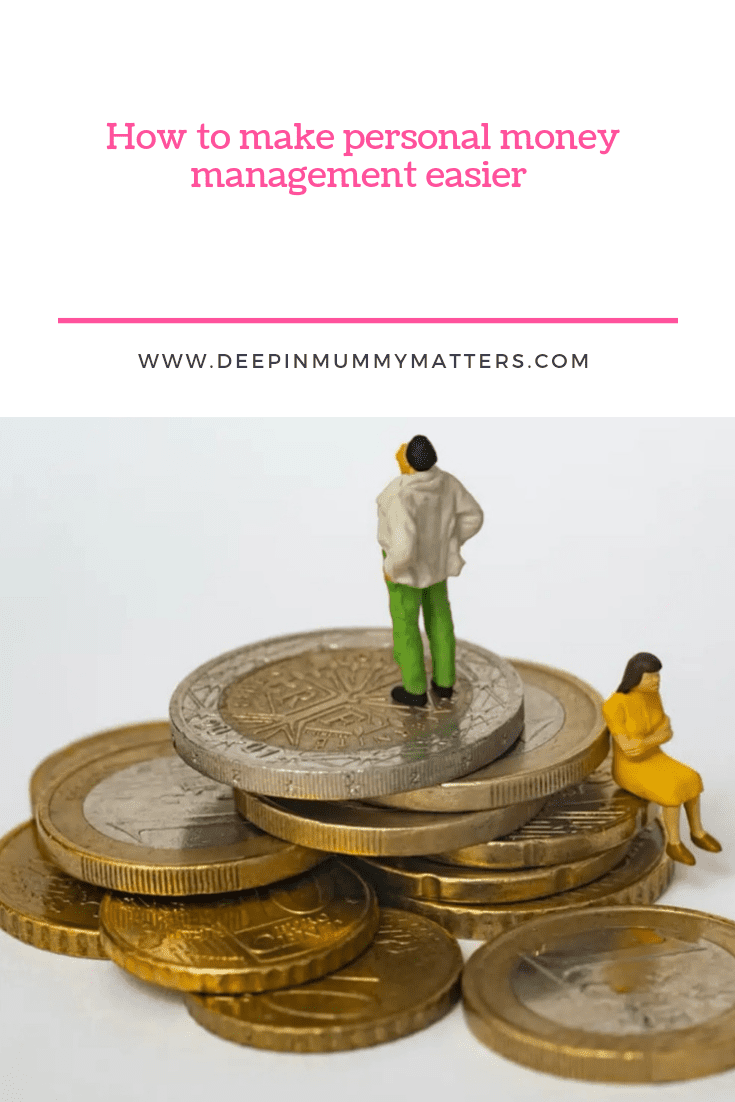It can be tough to keep track of everything when it comes to managing personal finances. Keeping track of your expenses, how much you owe, and how much you have will help you achieve a healthier financial state. But with so many bills and accounts to keep track of, it’s easy to lose track of what’s what. Fortunately, there are plenty of things you can do and tools to make the process a bit less painful. This post will cover a few valuable tips you can follow that should get your finances out of the red and back into the back again.
Take Care Of Your Credit Score
Your credit score tells lenders how likely you are to repay your debts. An excellent credit score increases your chances of getting approved for a loan or other type of credit. Conversely, it can be challenging to find an affordable loan or even rent an apartment with a low or bad credit score. Your credit score is essentially what determines whether you will be able to live the life you want or not, so keeping it in good standing is crucial. The first step is to find out your existing score to see what you need to do to improve it. There are numerous tools for people to track their credit scores, and most offer free or affordable plans to get started. Once you have established your score, you should see what you are doing right and what you are getting wrong. This will help you with the next step.
Create A Budget
Improving your finances is not an easy task. Nevertheless, with the proper budget, you will have a better idea of how to set goals and track your progress. A budget is a plan that allows you to spend less than what you earn each month and can help you save money and improve your personal finances. Furthermore, you will see exactly where you are making mistakes by taking this step. Today’s society is primarily cashless, which means that it can be challenging to comprehend how much you are actually spending. You can use any number of applications to create your budget, but the most straightforward is setting one up using Google Sheets. This free application allows you to update your earnings or expenses in real time.
Cut Back On Unnecessary Expenses
As painful as it might be to cut the Netflix umbilical cord, it might be necessary if you are serious about your financial future. The same goes for any expense you believe is a “want” rather than a “need.” For example, you might want to buy a subscription to Disney Plus to watch the latest Obi-Wan episode, but do you need it? Additionally, you should examine the necessary expenses you currently have and find a cheaper alternative. However, if you are in a relatively decent economic situation, it could be wise to keep a few luxuries. Because proper money management is a lifestyle change, you need to be in it for the long run to see any noticeable results. If you become disheartened after the first few months, you risk reverting to old spending habits.
Keep A Cash Buffer For Emergencies
A cash buffer is an essential part of any financial strategy. You can use it to take care of unexpected expenses or cover a sudden loss in income. You should place the cash buffer into a separate savings account that needs to be maintained in order to have enough money for emergencies. You can start with a lump sum and leave it or choose to add to it each month. However, a lump sum is typically best as you never know when an emergency might strike. You may find it frustrating to keep money stashed away, but it could prevent you from falling prey to payday loans that charge outrageous rates.
Try To Invest A Small Amount Each Month
In order to become financially secure over time, you need to consider investing your money. An investment strategy is critical if you want to grow your money to create a stable future for you and your family. Fortunately, it is easier than you might think. You can sign up for a brokerage account or download an app like Robinhood, research some high-yielding exchange-traded funds, and invest a small amount each month. However, the key to success is consistency and patience. Investing as little as $10 per month can compound over time and develop a nice nest egg for your retirement.
Organizing your finances can be intimidating if you have never done it before. Nevertheless, by following some of the tips in this article, you’ll find it far more manageable. From understanding what you need to do to improve your credit score to investing a small amount each month, you should be able to get back on the right track financially.

